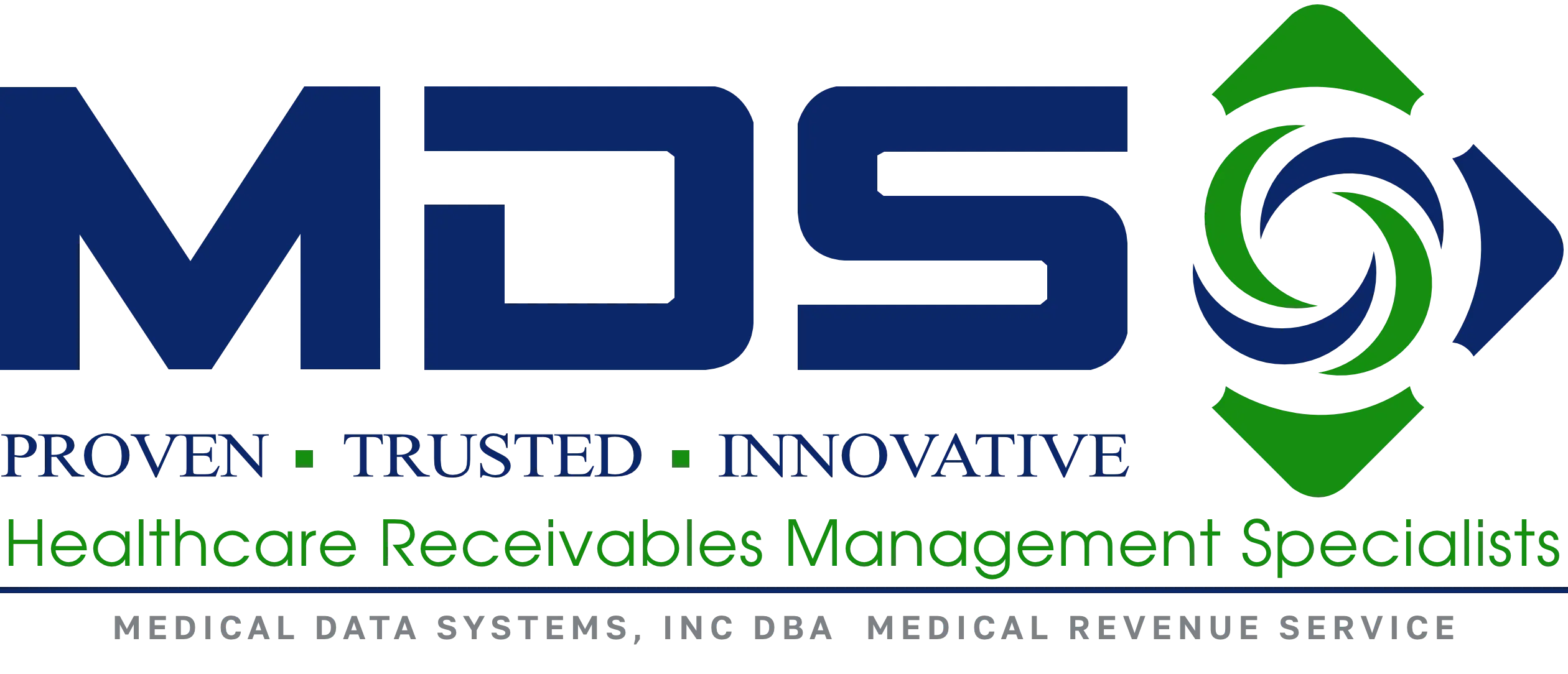Managing medical debt collection is a critical aspect of a hospital’s financial health. Selecting the right medical collection agency can significantly impact your revenue cycle and patient relationships. To ensure you partner with a provider that aligns with your institution’s values and operational needs, consider these 10 essential questions.
1. Is the Agency HIPAA-Compliant?
Ensuring that your medical collection agency complies with the Health Insurance Portability and Accountability Act (HIPAA) is paramount. HIPAA compliance guarantees that patient information is handled securely and confidentially, protecting both the patient and your institution from potential legal issues.
2. What Is Their Experience with Healthcare Collections?
Experience in healthcare collections is crucial. Agencies familiar with the nuances of medical billing and collections are better equipped to navigate the complexities of insurance claims, patient billing, and reimbursement processes. This expertise can lead to more efficient debt recovery and improved cash flow.
3. Do They Offer Customized Medical Billing Solutions?
A one-size-fits-all approach may not suit your hospital’s unique needs. Inquire whether the agency provides medical billing solutions tailored to your specific requirements, such as handling complex claims or accommodating various insurance providers. Customized solutions can enhance billing accuracy and reduce errors.
4. What Is Their Success Rate in Debt Recovery Services?
Understanding an agency’s track record in debt recovery services is essential. A high success rate indicates effective strategies and a proactive approach to collecting outstanding balances. This can lead to improved revenue and reduced bad debt.
5. How Do They Handle Patient Debt?
The way an agency approaches patient debt reflects its commitment to patient relationships. Do they offer flexible payment plans, communicate empathetically, and avoid aggressive tactics? A compassionate approach can maintain patient trust and satisfaction while ensuring debt recovery.
6. Are They Transparent About Fees and Charges?
Transparency in pricing is vital. Ensure the agency provides clear information about its fees and any additional charges. Hidden costs can erode the financial benefits of outsourcing collections, so understanding the full financial commitment upfront is crucial.
7. Do They Provide Regular Reporting and Analytics?
When evaluating a medical debt collection partner, it’s essential to understand how transparent and data-driven their processes are. A reputable agency should provide regular, comprehensive reporting and analytics that give your hospital full visibility into the performance of its debt recovery services.
Detailed reports can track essential metrics such as recovery rates, account aging, time to resolution, dispute frequency, and even patient response behavior. These insights are critical for assessing how well the agency is performing and where improvements might be needed. Regular updates, whether weekly, monthly, or quarterly, help you identify patterns in patient debt, monitor collection effectiveness, and ensure alignment with your financial goals.
Ask if the agency offers customizable reports or access to real-time dashboards through an online portal. The ability to view and analyze data on demand adds a valuable layer of transparency and control.
In short, consistent, actionable reporting is not just a feature; it’s a vital tool for refining your medical billing solutions and maximizing revenue cycle performance.
8. What Is Their Approach to Legal Compliance?
Compliance with federal and state regulations, such as the Fair Debt Collection Practices Act (FDCPA), is non-negotiable. Ensure the agency adheres to all legal requirements to avoid potential legal repercussions and maintain ethical standards in debt collection.
9. Can They Integrate with Your Existing Systems?
Seamless integration with your hospital’s existing systems, such as Electronic Health Records (EHR) and Practice Management Software, is essential for efficient operations. Integration minimizes data entry errors and streamlines the billing and collections process.
10. Do They Offer Scalable Services?
As your hospital expands, your debt recovery services needs will likely evolve. It’s crucial to partner with a medical collection agency that offers scalable services, ensuring they can handle increased volumes of debt without compromising the quality of service. A scalable partner can easily adapt to changes, whether it’s growing patient debt, new regulatory requirements, or shifts in your hospital’s operations. By selecting an agency that offers flexible solutions, you ensure continuous, effective collection practices that align with your hospital’s growth and future needs, helping you maintain a streamlined and efficient revenue cycle.
Final Thoughts
Selecting the right medical debt collection partner is a strategic decision that can influence your hospital’s financial health and patient satisfaction. By asking these 10 questions, you can identify a partner that aligns with your institution’s goals and values. For hospitals seeking a reliable and ethical partner in medical billing and collections, Medical Data Systems offers comprehensive solutions tailored to meet the unique needs of healthcare providers.
FAQs
1. Why is HIPAA compliance important when choosing a medical debt collection agency?
HIPAA compliance ensures that patient health and financial information is handled with the highest level of confidentiality and security. Working with a HIPAA-compliant agency reduces your hospital’s legal risks and helps maintain patient trust.
2. How can a medical collection agency help improve our hospital’s cash flow?
Experienced agencies use proven strategies and systems to recover unpaid debts efficiently. By reducing outstanding accounts and accelerating payments, they directly contribute to improving your facility’s cash flow and overall revenue cycle.
3. What are the benefits of customized medical billing solutions?
Customized medical billing solutions align with your hospital’s specific needs, such as handling multiple insurance plans, complex coding, or regulatory compliance. This leads to more accurate billing, fewer claim rejections, and higher patient satisfaction.
4. How should a medical debt collection partner handle patient debt?
The ideal partner should manage patient debt with empathy and professionalism, offering flexible payment plans, clear communication, and avoiding aggressive tactics. This helps preserve your hospital’s reputation and patient relationships.
5. What should we look for in terms of legal and regulatory compliance?
Your debt collection partner should comply with all relevant laws, such as the Fair Debt Collection Practices Act (FDCPA) and state-specific regulations. This ensures ethical practices, reduces the risk of litigation, and reflects well on your healthcare institution.
